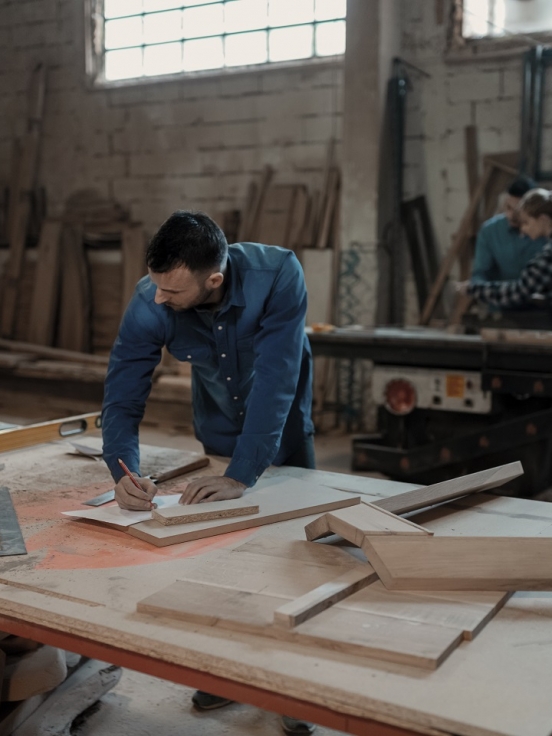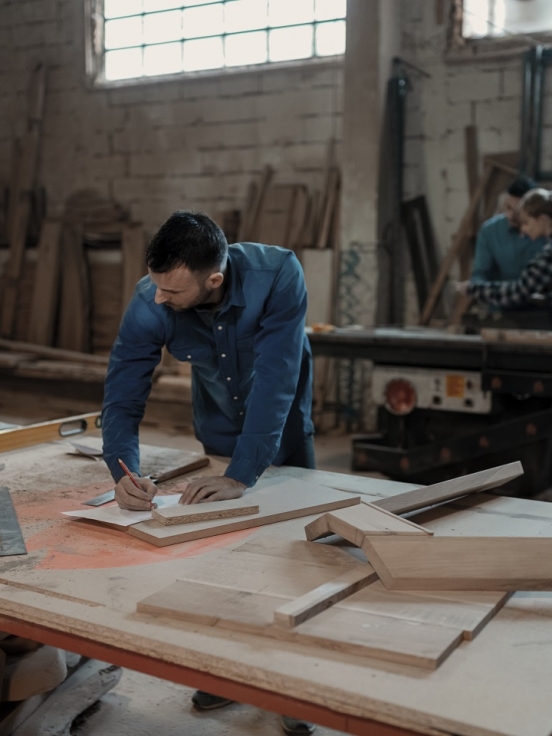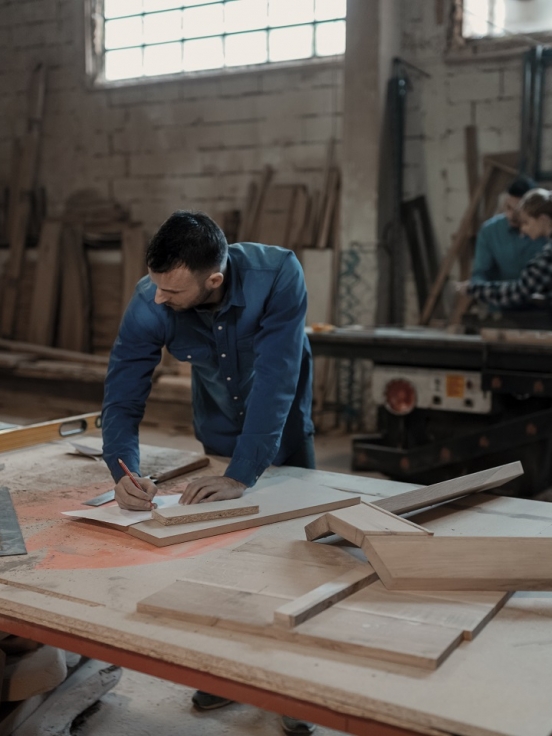We share a sense of urgency and recognise the need to scale our work for greater reach and impact - and that impact relies on a growing community that advocates, projects and programmes that align to our mission.

The future of work
Project led by Verizon
The COVID-19 pandemic has required us to look closely at how the definitions of ‘work’ and ‘workers’ fit in the Fourth Industrial Revolution. This transformation has the ability to impact all our lives in positive or negative ways, so it is important that we understand the possible futures, and take action to create a positive future of work for all.
Working with Verizon and more than 30 experts across Europe and the U.S. we identified five barriers to a positive future - and developed action-oriented working groups with policy makers and business leaders to create recommendations that can accelerate businesses, workers, and broader society towards a desired future state of work.
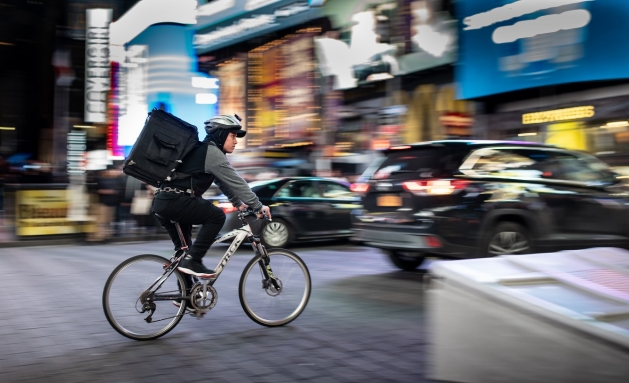
An inclusive gig economy
Project led by Mastercard
In times of crisis, gig workers, freelancers and independent contractors are some of the hardest hit. They have no safety nets, provisions, or protections to fall back on. At the same time, the gig economy continues to gain momentum in Europe.
Working with Mastercard, this project engaged with an influential community of global businesses to create a shared narrative on the importance of a protected and inclusive gig economy; and to identify, incubate, and develop commercially viable and scalable opportunities to improve the financial safety net.
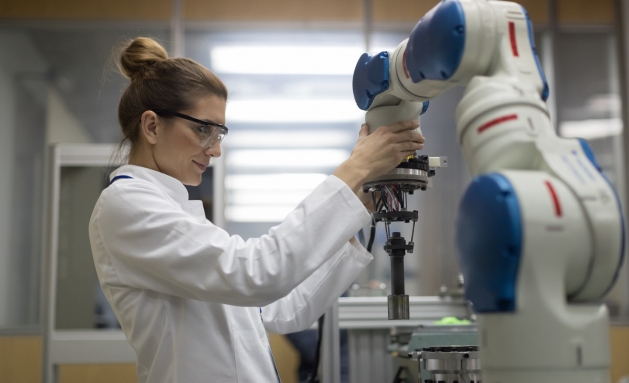
Socially responsible automation
Project led by ABB
Demonstrating visionary and differentiating leadership, ABB’s programme is designed to help Europe unlock the full potential of automation for economic impact and social progress, while minimising net job loss and addressing associated skills challenges.
Via cross-sector engagement with thought leaders, policymakers, other business leaders, innovators, activists, investors, and members of civil society; we are undertaking a detailed examination of the landscape, indentifying and designing collaborative action that will unlock the promise of responsible automation in Europe.
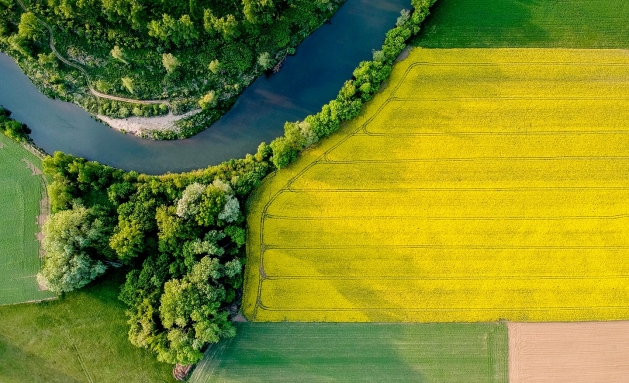
BioAdvantage Europe
Project led by Scania, Shell and Yara
The bioeconomy employs roughly 9% of Europe’s total workforce and adds €614 billion in economic value - spanning agriculture, aquaculture, forestry, waste streams, bioenergy, biofuels, and bio-based chemicals and materials.
In conjunction with other BioAdvantage Europe partners, this programme aims to raise awareness of existing solutions, incubate demonstration projects and support policy makers via a body of work, knowledge and policy engagement that explores the role of the bioeconomy in Europe.
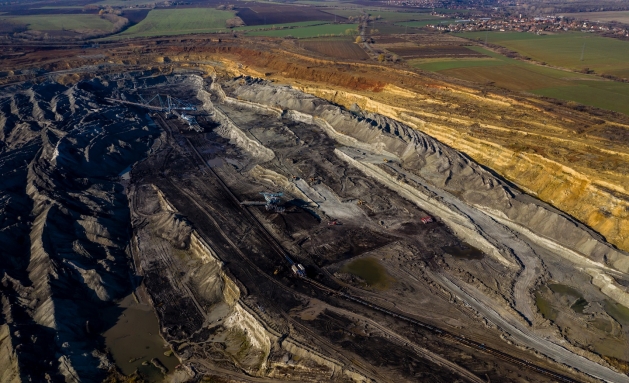
Biofuels from depleted land
Project led by Scania and Yara
As we accelerate our shift away from fossil fuels, finding commercial alternatives that are environmentally responsible or even restorative is becoming key. This project explores the feasibility of producing biofuels on European land unsuitable for production of food or feed and building a value-chain to realise that potential.
By focusing primarily on abandoned and contaminated land in countries across Europe, our ambition is to explore the full range of benefits that biofuel production could bring to these communities as part of a just energy transition.
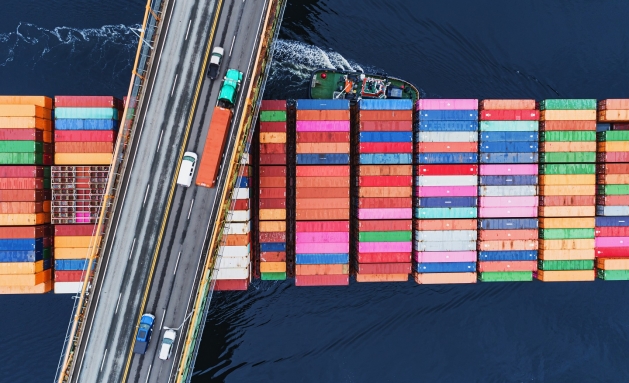
Decarbonising commercial road transport
Project led by Shell
Road transport contributes considerably to global emissions. To help meet EU and global targets, this project was launched to accelerate the decarbonisation of commercial road transport in Europe at scale and at pace in line with Shell’s ambition to become a net zero emissions energy business by 2050.
In conjunction with Shell, Scania and DB Schenker have undertaken two commercially innovative lighthouse projects to help define a practial, scalable and collaborative approach to reducing the 20% of global emissions from road transport.
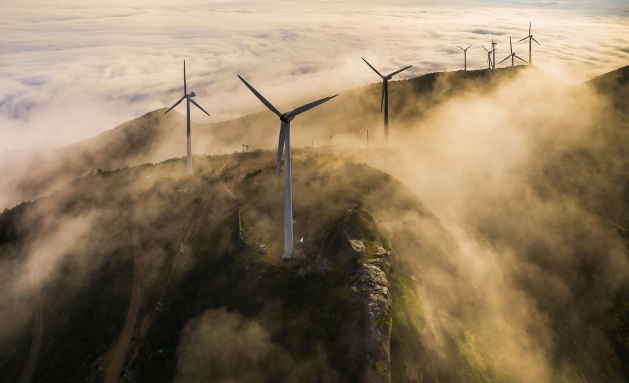
Steel decarbonisation
Project led by Tata
Global demand for steel is projected to grow by more than 30% and India is expected to triple its steel production by 2050. Contributing circa 8% of global CO2 emissions, steels transformation requires a systemic approach that considers technology, finance, policy, and other levers.
This project aims to help accelerate the decarbonisation of steel via consideration of Tata Steel’s existing activities, global best practices, and potential intervention points across the key levers for transformation.

Sustainable growth strategy
Project led by Mastercard
Building on global momentum towards net zero, Mastercard is reprising the inspiring leadership role it played in financial inclusion to stake a claim in environmental sustainability by building products and services that can encourage and enable other companies to go beyond ESG and net zero targets to grow their core business.
This project sets out to decarbonise the consumer landscape through the offering, nudging, and education of conscious consumers, to shift their spending to low-carbon alternatives.
Previous reports
Across the last four years the Europe Delivers partnership has produced a range of thought leadership and insights into how businesses can grow forward towards a better financial, environmental and social future for Europe.
Choose Growth
A guide to help businesses make the choices we need to build a net zero, socially just, and competitive Europe. This whitepaper took the pulse of nearly 80 leaders, from both business and beyond, drawing on their insights to develop three provocative but plausible futures for Europe in 2025.
Five jobs to be done
Building on our Four Grand Challenges report, we interviewed European business leaders to explore these challenges and how we could successfully overcome them. These conversations were brought together into five distinct 'jobs' that can help build a more environmental friendly and inclusive Europe.
Four grand challenges
Through engagement with a large and diverse community of stakeholders across Europe we identified four ‘Grand Challenges’, that would shape the future of European growth: a new social contract, the future of work, a green and resilient economy, and a global Europe - this report dives into each challenges and its impact.

